February 28, 2024
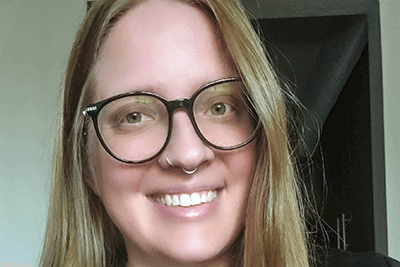 Welcome to MPA, Ashley Riihiluoma! Ashley joins us as the Middle School administrative assistant and will begin on March 4. We are so excited to introduce her to our community!
Welcome to MPA, Ashley Riihiluoma! Ashley joins us as the Middle School administrative assistant and will begin on March 4. We are so excited to introduce her to our community!
What school/organization are you coming from?
I previously worked for the YMCA of the North.
Tell us about your education and past experience.
I went to college and received a degree in child development. I have devoted my entire professional career to working with children. I have worked mostly with early childhood education and have held many roles within the realm. My most recent experiences have been in program director and operational business director roles.
What did you find appealing about MPA?
Mostly the sense of community and belonging. I was thrilled about working with the middle school age group, as it is a new endeavor for me.
What lasting impact do you plan to have on MPA?
I want to make a lasting impact on the students by being a safe, dependable, and respected member of the faculty that they know and rely on. My impact will be the difference I can make in their lives.
What’s your big dream?
To find success in everything that I do. One day, I want to live minimalistic on a piece of land with a cottage-style house and a garden. That would be pure happiness for me.
What are you (and your family, if you so choose) passionate about?
We are passionate advocates for advancement in mental health. We believe the whole well-being is important—not just physical health. We are also huge animal lovers and find many of our passions associated with such.
What’s a fun fact about you that our community would love to know?
I grew up in a very large family with eight brothers.
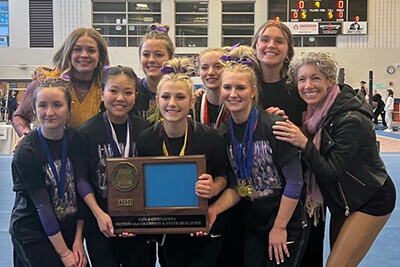
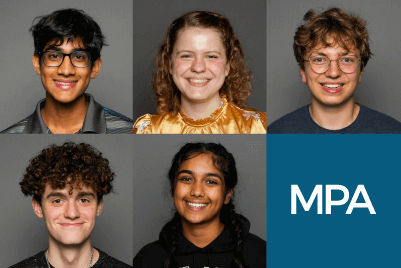 Congratulations to seniors Zain Ali, Maggie Banks-Hehenberger, Ian Frankel, Miles Niemeyer, and Soumya Raman, who recently were named National Merit Finalists! These seniors entered the competition based on their PSAT performance in the fall of their junior year—earning scores that placed them in the top 16,000 students nationally of the 1.3 million students tested at more than 21,000 high schools. Finalists are eligible to be awarded National Merit Scholarships later this spring, which could come from their chosen college or university, a participating corporate sponsor, or the National Merit Scholarship Corporation itself.
Congratulations to seniors Zain Ali, Maggie Banks-Hehenberger, Ian Frankel, Miles Niemeyer, and Soumya Raman, who recently were named National Merit Finalists! These seniors entered the competition based on their PSAT performance in the fall of their junior year—earning scores that placed them in the top 16,000 students nationally of the 1.3 million students tested at more than 21,000 high schools. Finalists are eligible to be awarded National Merit Scholarships later this spring, which could come from their chosen college or university, a participating corporate sponsor, or the National Merit Scholarship Corporation itself.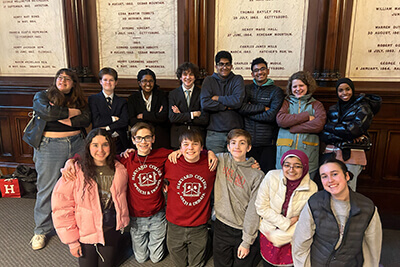 The Mounds Park Academy Speech traveled to the prestigious Harvard University National Speech and Debate tournament this past weekend. The tournament included teams from 38 different states, categories exceeding 300 entries each, and is a precursor to the NSDA National Tournament in June. On one of the country’s largest stages in the activity, 14 MPA students shined through three days of competition. Congratulations to the following students on their outstanding achievements:
The Mounds Park Academy Speech traveled to the prestigious Harvard University National Speech and Debate tournament this past weekend. The tournament included teams from 38 different states, categories exceeding 300 entries each, and is a precursor to the NSDA National Tournament in June. On one of the country’s largest stages in the activity, 14 MPA students shined through three days of competition. Congratulations to the following students on their outstanding achievements: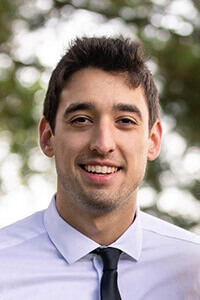 Welcome to MPA, Michael! Michael joins us as the communications coordinator. We are so excited to introduce him to our community!
Welcome to MPA, Michael! Michael joins us as the communications coordinator. We are so excited to introduce him to our community!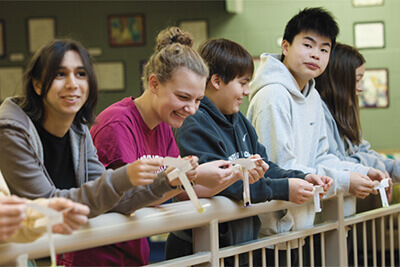 from Mark Segal, Upper School director
from Mark Segal, Upper School director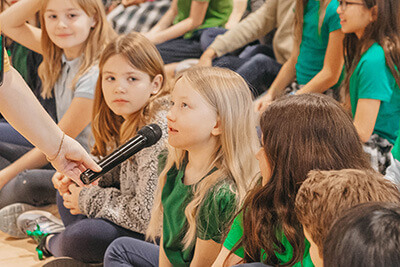
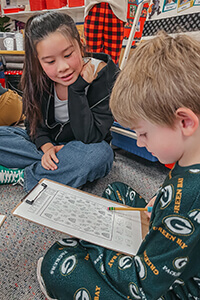 from Dr. Bill Hudson, head of school
from Dr. Bill Hudson, head of school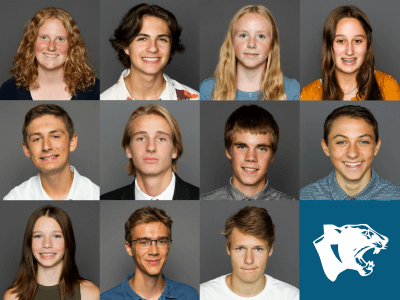 Three members of the MPA Alpine Ski Team earned All-Conference Awards for their efforts at the IMAC Alpine Conference Championship Meet at Buck Hill. Congratulations to Sidney Lundeen ’27, Henry Schwartz ’25, and Jaclyn L. ’29.
Three members of the MPA Alpine Ski Team earned All-Conference Awards for their efforts at the IMAC Alpine Conference Championship Meet at Buck Hill. Congratulations to Sidney Lundeen ’27, Henry Schwartz ’25, and Jaclyn L. ’29.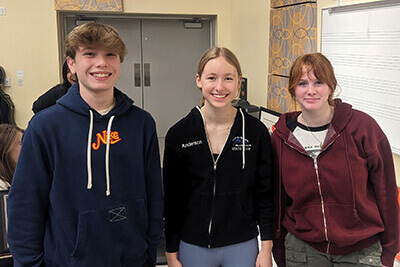 Three exceptional MPA students had the opportunity to attend a prestigious orchestra clinic at the University of Wisconsin-Madison this week. Julia Anderson ’27, Oslo Norcross ’27, and Lucy Mayer ’27 attended intensive rehearsals, guided by university faculty, and all of their hard work culminated in a live concert performance.
Three exceptional MPA students had the opportunity to attend a prestigious orchestra clinic at the University of Wisconsin-Madison this week. Julia Anderson ’27, Oslo Norcross ’27, and Lucy Mayer ’27 attended intensive rehearsals, guided by university faculty, and all of their hard work culminated in a live concert performance.